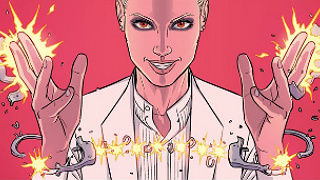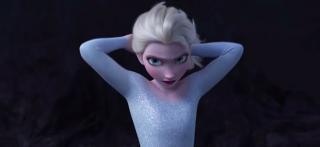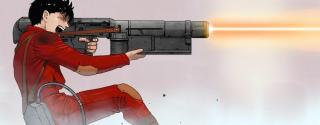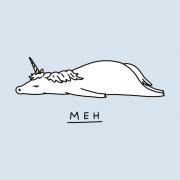As for their vocations, the Nexus 6 replicants we know about were combat and pleasure models intended to assist Offworld settlers. They were presented as either instruments for sex or military defense. The theme in the original film, then, was on the commodification and objectification of the human body: whether sexualized or in terms of functional brute force.
This theme seems to be taken up again in Blade Runner 2049. The replicants in the film seem to occupy roughly the same roles: K an assassin, Mariette is a flesh model / sex worker, Sapper is a fugitive military medical officer covering as a farmer, and Luv an agent of Wallace. Like the first film, the manner in which the characters come to terms with their autonomy or lack thereof is revealed in different ways.
In K's case, we see in the first scene Sapper says to him: "How does it feel to kill your own kind?" K responds that he doesn't kill his own kind because they don't run. He says "only older models do". This plants the seed for K's arc. It's shown how he is a killer by mandate and not genuinely free to do otherwise. Joshi reminds him of this anytime he expresses reservation or dissent. He also sees his existence as inauthentic: he's aware of the falsity of his memories and he is constantly reminded that he is less than human, a second-class citizen. He's cast as an instrument, a tool, something disposable and not free to create his own path and happiness, and he initially resigns himself to this fact. He's a disaffected assassin who only plays pretend of another life fulfilled, projecting his desires on Joi and perpetuating the process of AI objectification. But in the end, he asserts his autonomy by breaking orders and helping Deckard and the replicants.
The Nexus 8s have already rebelled and revolted in the past. That's why they're being hunted. The Nexus 6 have done the same. The thinking in this film is that the newer replicants "obey", so thinks Wallace. They're supposed to be different in this respect, and so there is presumably a greater challenge for the freedom movement to inspire them to revolutionary action. The idea behind the discovery of replicant reproduction is that it might be used to persuade these newer models to rebel. It works in the case of K. It represents his entire arc in the film.





 Reply With Quote
Reply With Quote









 forum
forum